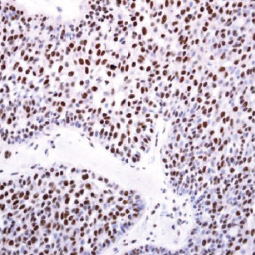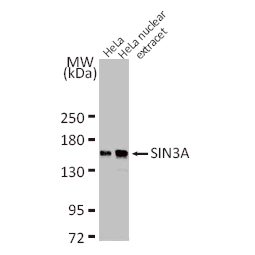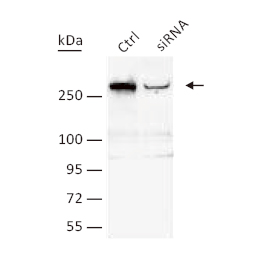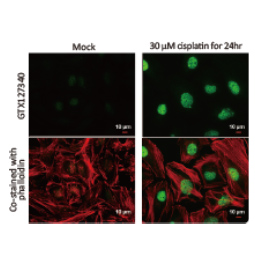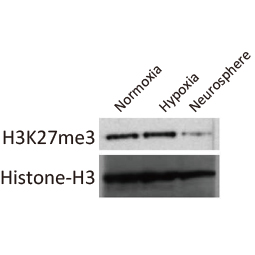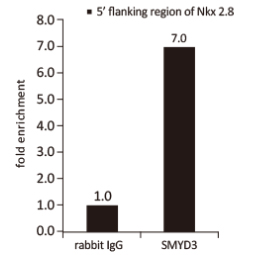Epigenetics is the study of heritable phenotype changes that affect gene activity and expression that do not involve alterations in the DNA sequence. Currently, DNA methylation is one of the most broadly studied and well-characterized epigenetic modifications. Other major modifications include chromatin remodeling, histone modifications, and non-coding RNA mechanisms. Epigenetic modifications play important roles on development, differentiation and disease progression such as various cancers, mental retardation associated disorders, immune disorders, neuropsychiatric disorders and pediatric disorders.
Epigenetics
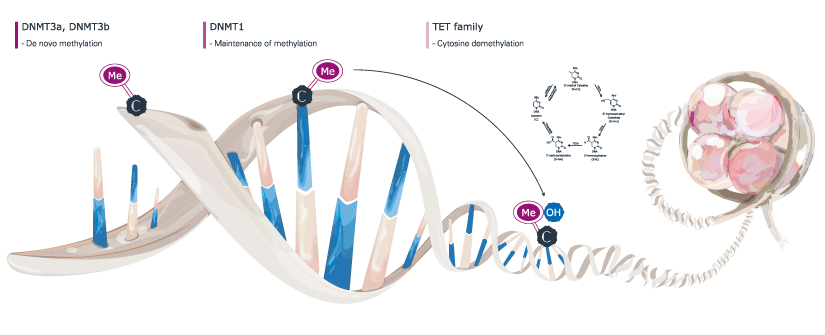
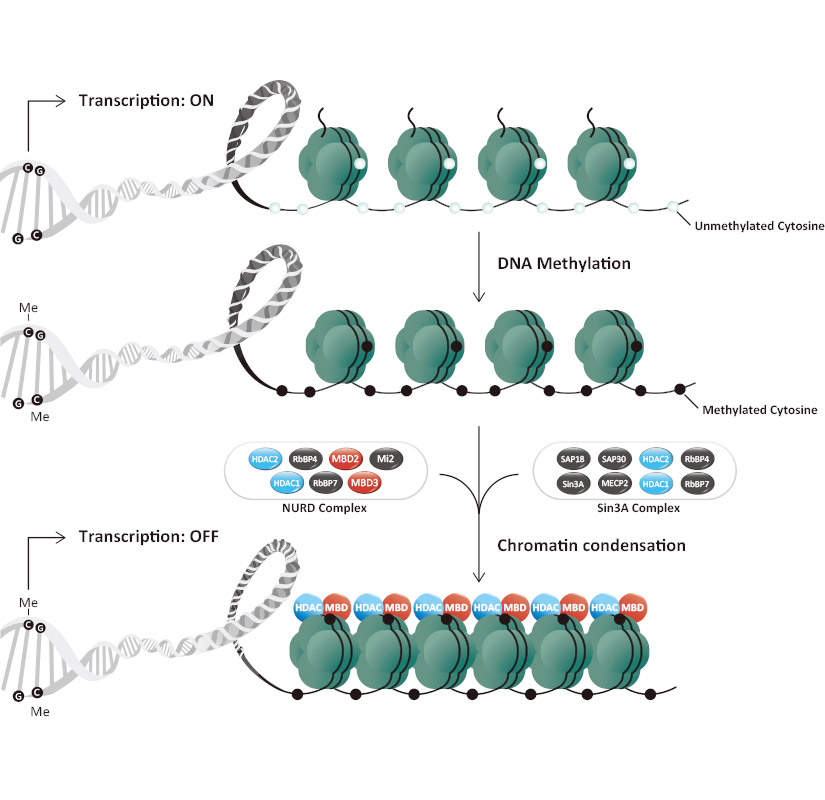
The three mammalian 5-methylcytosine (5-mC) dioxygenases (Ten Eleven Translocation (TET); TET1, TET2, and TET3 in humans) convert 5-mC to 5-hydroxymethylcytosine (5-hmC) and subsequently to 5-formylcytosine (5-fC) and 5-carboxylcytosine (5-caC). This series of modifications is thought to represent one pathway to active DNA demethylation, thereby reshaping the methylated DNA landscape established by DNA methyltransferases (DNMTs). In addition, these marks, particularly 5-hmC, have been shown to be distinct epigenetic signatures in their own right impacting stem cell and cancer cell biology.
GeneTex introduces a selection of antibodies to targets relevant to DNA methylation and demethylation. We are proud to note that many of these antibodies are suitable for ChIP/ (h)MeDIP application.
Highlighted Products
![]()
![]()
![]()
![]()
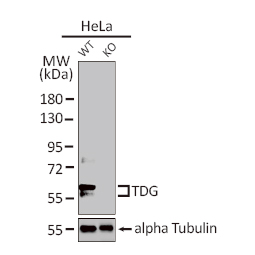
TDG antibody (GTX110473) |
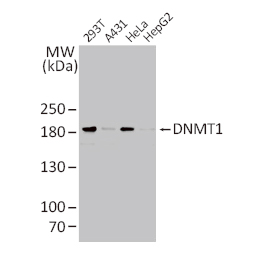
DNMT1 antibody [N1], N-term (GTX116011) |
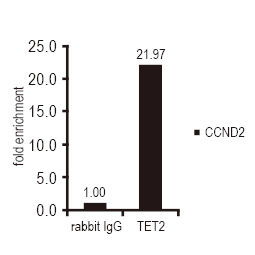
TET2 antibody [N2-2], N-term (GTX124205) |
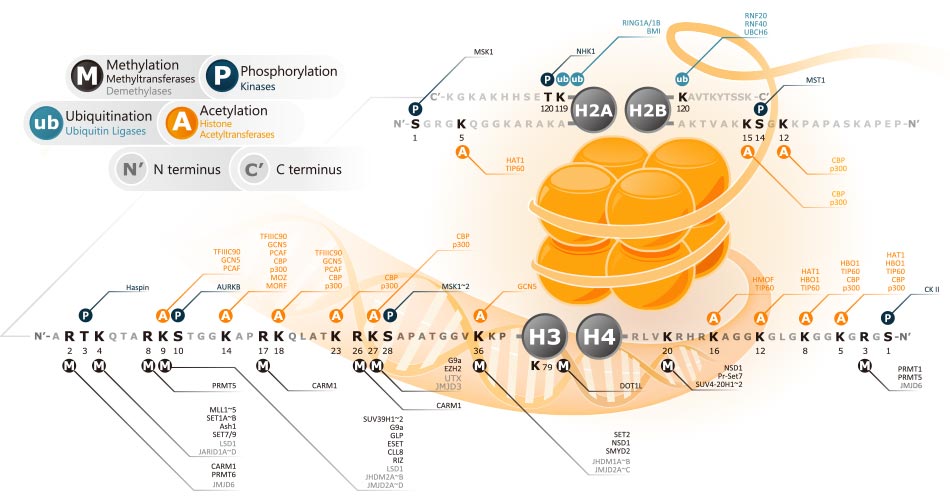
The nucleosome core particle is the fundamental structural unit of the eukaryotic genome. It consists of a histone octamer composed of two H2A-H2B dimers and a H3-H4 tetramer wrapped by ~146 base pairs of DNA. A linker histone (i.e., H1) associates with the nucleosomal dyad as well as with linker DNA on either side of the nucleosome, resulting in the formation of the chromatosome. All the core and linker histones are post-translationally decorated, with at least 160 total modifications such as acetylation, methylation, and phosphorylation. These modifications are thought to impact chromatin functions by either altering chromatin packaging or through the recruitment/inhibition of specific chromatin binding factors. Please see below for highlighted antibodies or click the button to find all related products.
